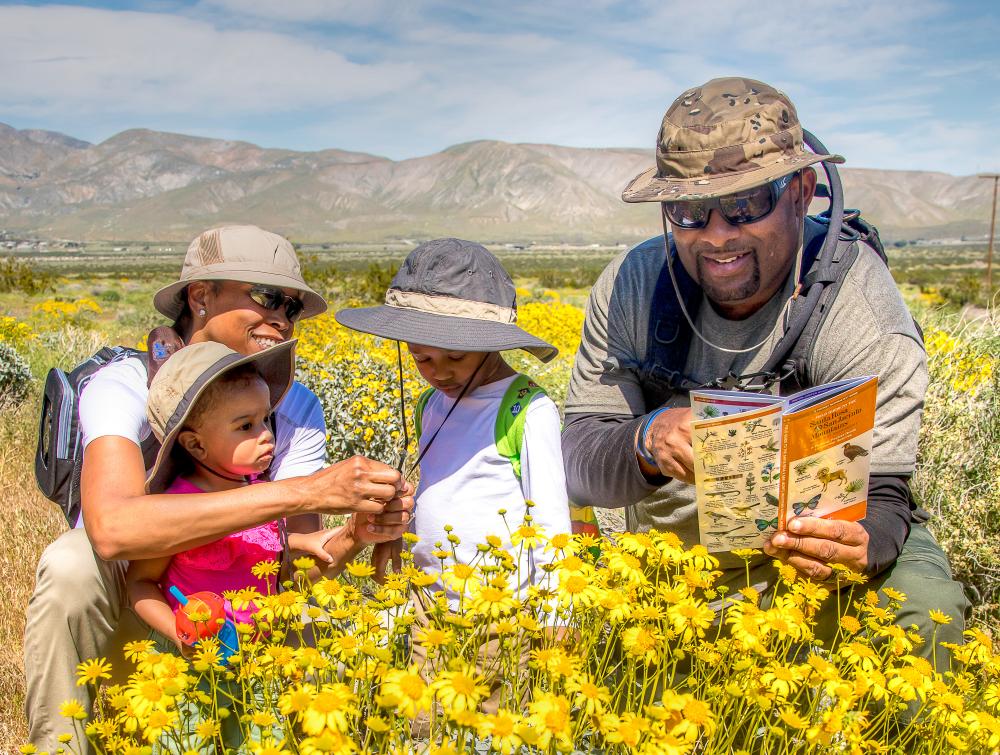Wilderness Society Applauds Agency Public Lands Rule

Santa Rosa and San Jacinto Mountains National Monument, California
Bob Wick, BLM
Conservation and land health are critical components for Administration to build a climate plan for public lands
WASHINGTON, DC (March 30, 2023) – Today the Bureau of Land Management released a proposed policy to address nature loss and climate impacts more effectively by refocusing the Bureau’s priorities on conservation, restoration, protection of water supplies and stewardship of tribal cultural lands. The plan addresses rapidly changing environmental realities facing communities across the West.
The Wilderness Society issued the following statement about the agency’s proposed rule:
“Rebalancing the Bureau of Land Management by focusing its priorities on conservation will better safeguard our nation’s lands, waters and wildlife and strengthen agency partnerships with tribes and local communities to protect the places they cherish for years to come,” said Jamie Williams, president of The Wilderness Society. “We need a climate plan for public lands because we have limited time to stave off the worst climate impacts on our communities and stop the loss of nature. Better managing public lands for ecosystem resilience in the face of climate pressure, as this rule proposes, is a piece of the puzzle in making our nation’s lands and waters a solution for addressing severe threats to public health and the natural world.”
The Bureau announced a 75-day public comment period on the new plan to balance the agency’s focus and priorities for the 245 million acres it manages across the US. The plan highlights the need for the agency to work with local communities to strengthen conservation of land, water and wildlife. For decades the BLM has interpreted the “multiple use” portion of its mission to prioritize resource extraction and development over conservation. For example, 90% of Bureau-managed lands are currently open to oil and gas leasing and, in many regions, unmanaged motorized use and development has fragmented lands critical for wildlife while putting extreme pressure on already-tapped water supplies in an era of climate change. The plan seeks to elevate the Bureau’s focus on conservation for public lands, placing land health and resilience of whole ecosystems on equal footing with other multiple uses.
According to recent polling, 82 percent of voters in the Rocky Mountain West support a national goal of conserving 30 percent of land and waters in the U.S. by 2030, including over 2/3 of conservative GOP voters. Four-in-five voters say loss of open natural areas is a problem across the West.
The proposed rule directs the agency’s 175 field offices to elevate conservation through their local planning efforts and decision-making, partnerships and long-term management. Stewarding 245 million acres across the western U.S., Bureau of Land Management lands and waters are vital to both rural and urban communities, including some of the nation’s fastest growing cities like Las Vegas, Denver, Phoenix and Albuquerque. Public comments will be accepted through a Department of the Interior portal, with several informational public meetings anticipated in coming months.
Contact NewsMedia@tws.org to speak with our staff or community partners working on conservation of Bureau of Land Management areas across the country.
